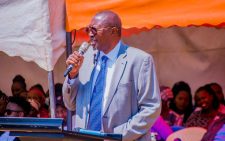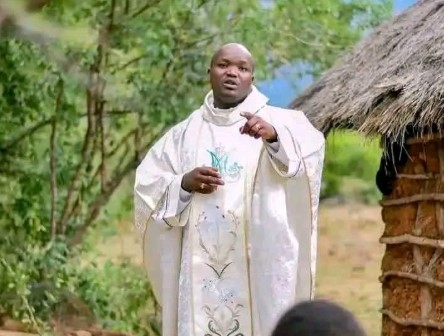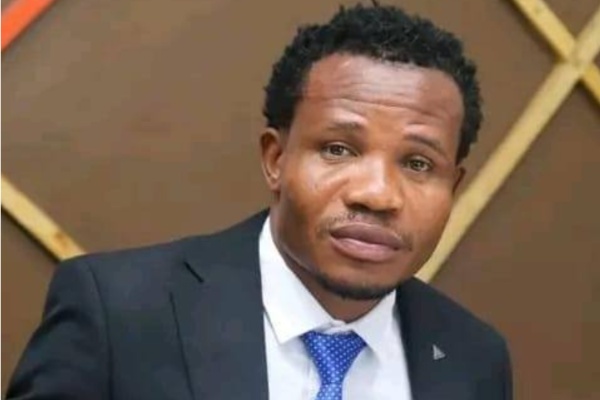Tough questions for Africa on Mugabe demise

The curtains have finally fallen on former Zimbabwean President Robert Mugabe. His larger than life stature aroused mixed feelings depending on one’s ideological inclinations.
As a dying breed of African leaders is laid to rest, Africans need to revisit the goals of independence.
How come that over half a century since the colonialists left, Africa is yet to achieve political stature and economic prosperity, two of the major cornerstones of the struggle for independence?
How did we end up forgetting and even demonising our initial iconic presidents?
I am talking about the deeply Afro-centric and Pan-Africanist leaders like the Emperor of Ethiopia, Haile Selassie I, Gamal Abdel Nasser of Egypt, Samora Machel of Mozambique, Patrice Lumumba of Congo, Thomas Sankara of Burkina Faso, Kwame Nkrumah of Ghana, Julius Nyerere of Tanzania and Kenneth Kaunda of Zambia.
There are strong suspicions that some of these revolutionary leaders fell under the machinations of the former colonialists, who feared that they would be a hindrance to the blatant exploitation of Africa’s natural resources.
Consequently, Africa continues to be plagued by atrocious conditions such as disease, hunger, lack of access to clean water and abject poverty.
Even today, there seems to be no respite amidst chest chumping leaders who in reality have little to offer the people.
Now, no one says Mugabe was an angel. But it would be interesting for social scientists to find out why nationalistic leaders gradually lost vision, and ended up as villains, oppressing fellow compatriots and ripping their countries apart for self gain.
While the Western media were in their element demonising Mugabe, China was more circumspect in their condolences.
The country’s foreign ministry described him as an “outstanding leader of the national liberation movement and statesman”, who firmly defended his country’s sovereignty.
African leaders also captured the moment, terming Mugabe a “freedom fighter”, “liberator” and “pan-Africanist”.
Indeed, Mugabe inspired many African leaders during Zimbabwe’s freedom struggle.
Gradually, the African is waking up to the fact that he – not in the sense of gender though – has been living someone else’s life.
It may seem like it is a little bit late, but there is, generally, talk by Africans about rediscovering many of the things that made them unique.
Some of the major topics include religion and spiritualism, diet and nutrition, socialisation and education.
Many of the dire challenges facing Africans can be attributed to their loss of identity and mental slavery, designed to totally rob them of self-esteem and cultural identity.
***
Talking about being duped, news that there is nothing like “bad cholesterol” has been received with a deep sense of betrayal globally.
It has been termed as one of the worst scams in the medical profession, and health sector as a whole.
According to America’s leading newspaper, Washington Post, “The US government has finally accepted that cholesterol is not a nutrient of concern, doing a U-turn on their warnings to us to stay away from high cholesterol foods since the 1970s to avoid heart disease and clogged arteries”.
Really? Every time I take a blood test, I’m warned to cut down on my cholesterol levels for the reasons stated above. Consequently, I’m advised to take some prescription drug to wean my blood of this villain.
Since the warning, according to the Washington Post article, pharma companies have extracted USD 2 trillion from consumers for cholesterol treatment. So, how many more medical scams are waiting to be discovered?
I just hope that, at some point in the future, President Donald Trump will not be proven right on climate change!
— The writer is a communication expert, and public policy analyst —ndegwasm@gmail.com












